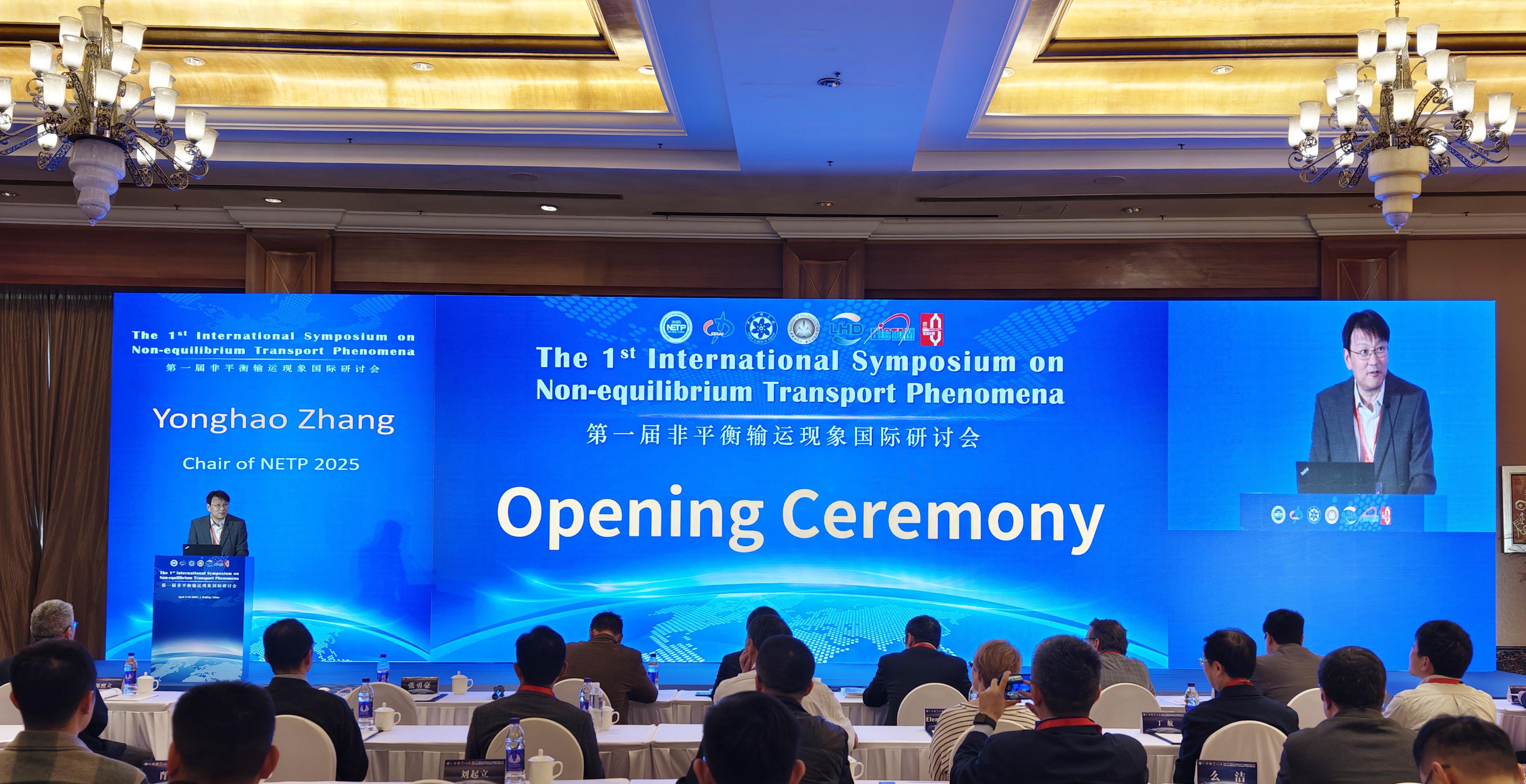Guideline to Modernize TCM Industry
China has launched a new guideline aimed at enhancing the quality and innovative development of the traditional Chinese medicine (TCM) industry.
The guideline, recently issued by the State Council, emphasizes quality improvement and technological innovation as key drivers for building a modernized industrial system and better serving public health.
At a policy briefing on March 21, Lu Jianwei, vice commissioner of the National Administration of Traditional Chinese Medicine (NATCM), introduced the guideline's framework, which outlines eight areas and 21 tasks covering the entire TCM industrial chain, from resource conservation and standardized cultivation to advanced manufacturing and clinical application.
The guideline highlights coordinated efforts on both the supply and demand sides, focusing on quality improvement to ensure clinical efficacy and meet patients' needs.
By combining tradition with modern science, China aims to protect and develop its TCM heritage while ensuring safer, more effective treatments that contribute to national health and modernization goals.
The guideline promotes reform and innovation to address issues such as quality control, R&D, industrial upgrading and global collaboration. It encourages leveraging modern science to interpret TCM theories, integrating traditional practices with digital and green technologies, and accelerating the development of new TCM products.
According to He Yaqiong, director general of the Department of Consumer Goods Industry at the Ministry of Industry and Information Technology, more than 150 common medicinal herbs are being cultivated and processed under stricter quality control standards. A nationwide traceability system has been established, covering seeds, raw materials, herbal decoctions, formula granules and finished products. This system provides real-time monitoring of 113 key medicinal herbs.
Chen Ronghu, director general of the Science and Technology Department at NATCM, said that seven national key laboratories, five engineering research centers, and multiple interdisciplinary innovation platforms have been established.
China will focus on tackling major scientific challenges, fostering enterprise-led R&D, and strengthening collaboration between industry, academia and healthcare institutes, aiming to transform research outcomes into practical applications, stimulate innovation and enhance the competitiveness of the TCM industry.







